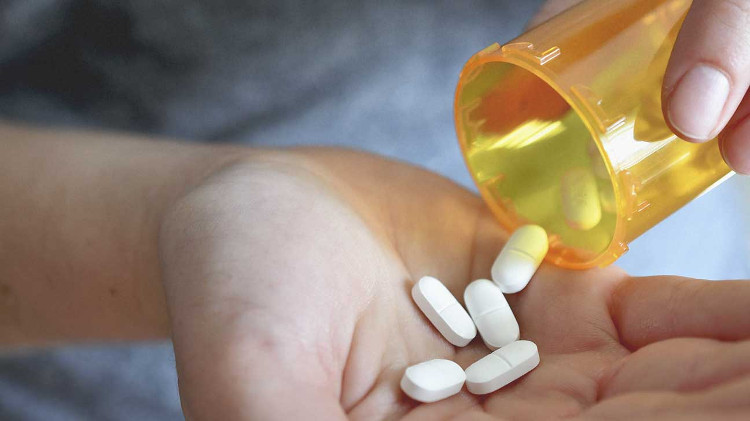The world is depleted of new generation antibiotics
The report of the World Health Organization showed that too few new antibiotics were prepared while the number of resistant diseases continued to increase.
The rate of development of drug-resistant diseases is likely to exceed the process of preparing antibiotics and directly threatening human health. According to CNN, on September 19, the World Health Organization (WHO) reported that too few new antibiotics were prepared while the number of dangerous bacteria kept increasing.

The rate of development of drug-resistant diseases is likely to exceed the process of preparing antibiotics.(Photo: healthline).
As of May, scientists are studying 51 antibiotics and 11 biological substances made from natural sources that can replace antibiotics. However, only 33 antibiotics targeted the 12 priority pathogens announced by the WHO in February including tuberculosis causing 250,000 deaths each year and Enterobacteriaceae causing infections in hospitals and nursing homes.
Of the 33 potential drugs, eight are newer, more advanced treatments, and 25 are substantially modified from existing antibiotic groups. In the best case, those 25 antibiotics will serve as short-term measures to fight bacteria.
Latest reports show that tuberculosis needs at least three antibiotics. However, no more than seven types are entering the test. Before this situation, many experts predict that soon, TB patients will be seriously deficient in drugs.
Similarly, gram-negative bacteria also become difficult to treat. More complex than gram-positive bacteria, they require antibiotics strong enough to penetrate the cell wall and stay inside.
Besides the amount of antibiotics in general, the WHO recognizes too few oral antibiotics to be prepared whether these are effective and easy to distribute in low-income or middle-income countries.
- Next-generation antibiotics can use light to
- Vietnam is among the most antibiotic-resistant countries in the world
- Bacterial alarms resistant to many antibiotics
- What are antibiotics and classify antibiotics
- 'Heavenly' facts about antibiotics
- Find new antibiotics under the ocean
- Why do you know that antibiotics do not treat flu, many people continue to abuse?
- Is it not necessary to take an adequate dose of antibiotics?
- Antibiotics from dirt
- Bad habits of parents hurt the liver and kidneys, endanger children
- These 'Alpha Generals' will change the world forever
- 7 mistakes we often make when talking about antibiotics
 The United Nations' all-human warning: All antibiotics are becoming useless
The United Nations' all-human warning: All antibiotics are becoming useless How did bacteria learn to fight antibiotics?
How did bacteria learn to fight antibiotics? 10 million deaths are one of the startling numbers about 'Antibiotic resistance'.
10 million deaths are one of the startling numbers about 'Antibiotic resistance'. Learn about the phenomenon of antibiotic resistance
Learn about the phenomenon of antibiotic resistance